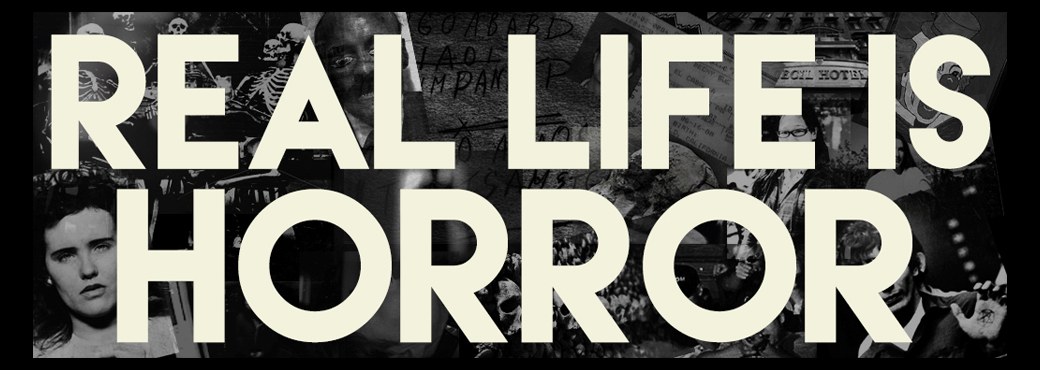Today marks the anniversary of Kurt Cobain’s suicide – or murder, according to conspiracy theorists.
The stories and movies and documentaries about Mr.Cobain have been done to death, so in order to tip my hat while letting the guy be, I’ve decided to write about another cursed composer; the late Rezső Seress
The case of the Hungarian suicide song.
“I’m to be a songwriter or a hobo” Rezső Seress responded, in retaliation to the constant stream of arguments about his failed songwriting career between himself and his fiancé.
Seress, a Hungarian songwriter, was living in Paris at the time. It was 1932 and so far his attempts to become internationally famous composer had failed miserably.
His blind ambition coupled with his evident lack of success was putting a strain on his relationship. His partner, uncomfortable with his lack of financial stability was pressuring him into getting a 9- 5 job. Seress, unable to give up chasing his dream refused to compromise, and the two separated on bad terms.
The next day, on a particularly gloomy Sunday, Seress sat at his piano, where he his fingers spelled out a morose melody just as hopeless and depressing as he felt on the inside.
He called it "Vége a világnak”: The end of the world.
The original lyrics were about the tragedy of war and the evil of man. However later, a poet named László Jávor wrote his own lyrics about a man committing suicide following the death of his lover. The lyrics were inspired by a recent break-up with his girlfriend.
"On a sad Sunday with a hundred white flowers,
I was waiting for you, my dear, with a church prayer,
That dream-chasing Sunday morning,
The chariot of my sadness returned without you.
Ever since then, Sundays are always sad,
tears are my drink, and sorrow is my bread...
Sad Sunday.
Last Sunday, my dear, please come along,
There will even be priest, coffin, catafalque, hearse-cloth.
Even then flowers will be awaiting you, flowers and coffin.
Under blossoming (flowering in Hungarian) trees my journey shall be the last.
My eyes will be open, so that I can see you one more time,
Do not be afraid of my eyes as I am blessing you even in my death...
Last Sunday."
He sent his song to a record publisher, only to have it returned with a note of rejection explaining that the song had a “terrible compelling despair”.
Eventually another label picked it up and agreed to distribute it. The song took over the airwaves and Seress was finally a success.
However, his success came at a price.
A string of suicides followed the release of the song. People requested it and were later found dead by suicide; some with the sheet music or a copy of the record nearby.
Cited as an urban legend or myth, it’s not a stretch to believe that such a despairingly hopeless song in climate as miserable as 1930's Hungary could push people over the edge at a time of emotional vulnerability.
Radios eventually began to ban the depressing song, citing that it did nothing to alleviate the sadness of the social climate at the time, of which the morale had already been destroyed due to a great economic depression and the influence of fascism.
Seress attempted to reconnect with his ex-fiancé by way of letter, only to discover that devastatingly she had already committed suicide, with a copy of his record nearby.
Finally in 1968, Seress too committed suicide- He jumped from the window of his apartment but survived, only to succeed by choking himself to death with a wire whilst recovering in hospital.
So will you survive the suicide song this gloomy Sunday?
Here’s the original recording.



No comments:
Post a Comment